Globally there is a growing recognition that it will be impossible to continue to live, work and play online unless we tackle the fundamental problem of digital identity.
At the European level, there are many mobile identification apps/methods such as NemID in Denmark, itsme in Belgium, iDIN in the Netherlands, and Verimi in Germany that have proven their efficiency, while working both domestically and regionally.
Alongside commercially available solutions, some national authorities have also rolled out digital ID solutions, such as e-identity in Estonia, and others are a combination of both public and private efforts (the Netherlands’ eHerkenning for business uses and DigID for personal needs). Not to be outdone, the UK government has revealed its plans to introduce new legislation to handle the introduction of digital identities securely, and the European Commission has put forward proposals for a “European Digital Identity Wallet“. This will enable citizens to link national identities and other attributes (e.g. driving licenses, bank accounts) in a convenient and safe way to access public and private services.
A secure digital identity has the potential to remove some of the major barriers not only to access but also to the usage of financial accounts in Europe – a key win for open banking as it moves into open finance and financial inclusion efforts around the region.
Banks and Digital Identity – Federated ID
A number of the national schemes discussed have, in some cases, been driven by the banking sector. For instance, in Norway, you can use Bank ID for anything from confirming a mobile payment or paying online with your debit card to signing official documentation. Commercial banks play a pivotal role in ID management.
The newly announced EU scheme could have a similar impact with PSD2 across the EU. As noted by a recent paper by Citi Bank[1], Open banking and PSD2 have provided an object lesson in the dangers of building digital pyramids from the middle. Strong Customer Authentication (SCA) has been shown to be a major pain point with a potentially significant impact on TPP-bank relationships.
Sweden’s homegrown BankID has helped banks comply with SCA rules, given their long track record in using BankID to authenticate ‘Swish’ transactions. Swedish consumers use BankID between 40 and 50 times a month for a variety of transactions. Consumers report high trust in the service and freedom to execute transactions and authenticate themselves wherever they are.
Can Open banking play a role?
Even without national schemes, banks could do more to support Digital ID through Open Banking. Banks can easily extend the principles of Open Banking to create commercially viable APIs that can allow customers to share their identity attributes with other organisations or third parties within similar trust and security frameworks and with the customer’s consent. Today in Europe, banks often fail to provide unique stable IDs through PSD2 APIs as the regulation does not require this.
Open Banking has created a secure framework based on application programming interfaces (APIs), allowing customers to digitally authenticate themselves to third-party providers to share data or make a payment. Using that same infrastructure and by connecting identity data from multiple sources through APIs, the open banking concept can help verify identity more reliably and improve the customer experience.
As Open Banking digital identity capabilities mature over time, they can unlock multiple benefits for all parties – One of the reasons why Plaid acquired Cognito, an identity verification and compliance (KYC, AML) platform that makes it faster, easier and safer for people to verify their identity when signing up for financial services online.
Both the UK and EU need to build on existing experience in the sharing of customer data – such as that developed by open banking to help make the on-ramps to digital finance easier, safer and more accessible for everyone.
[The author of this article, Dan Morgan, is European Policy Lead at Plaid]
Helen Child, Founder & CEO, Open Banking Excellence
[1] https://www.citibank.com/tts/insights/articles/article77.html
To learn more about Digital Identity in the world of Open Banking, you can watch our 17th March 2022 Campfire.




 08:56 28 Apr 2022
08:56 28 Apr 2022  " alt="">
" alt="">

 " alt="">
" alt="">
 " alt="">
" alt="">
 " alt="">
" alt="">
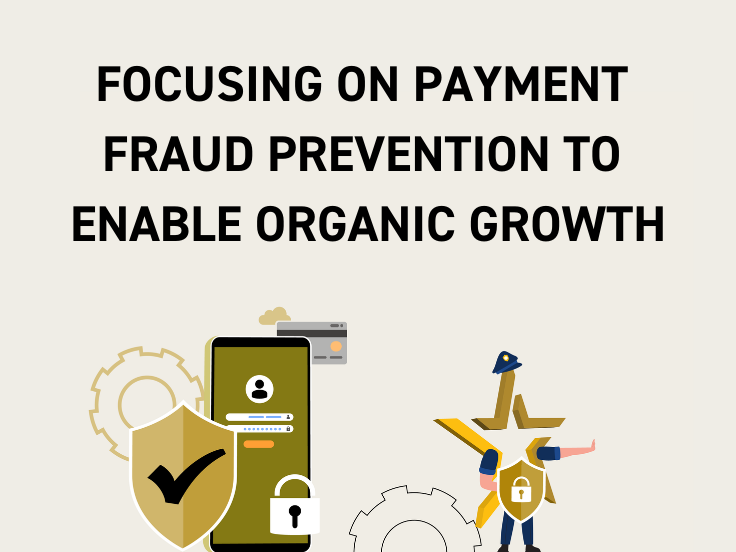 " alt="">
" alt="">
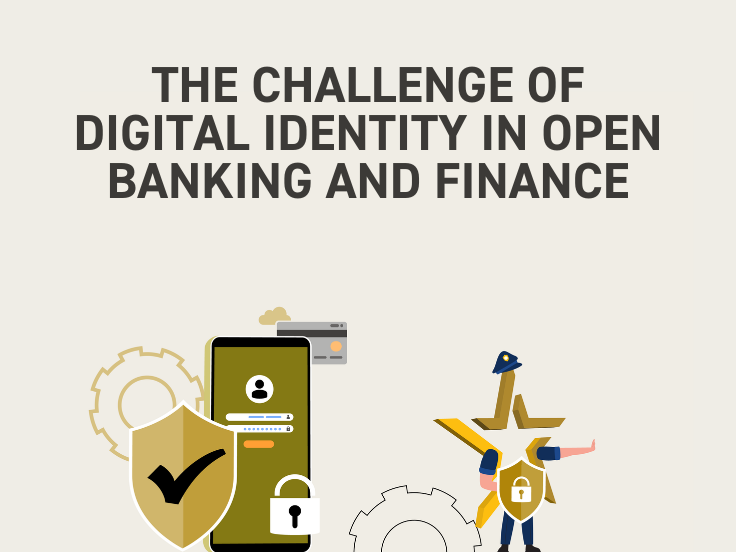 " alt="">
" alt="">
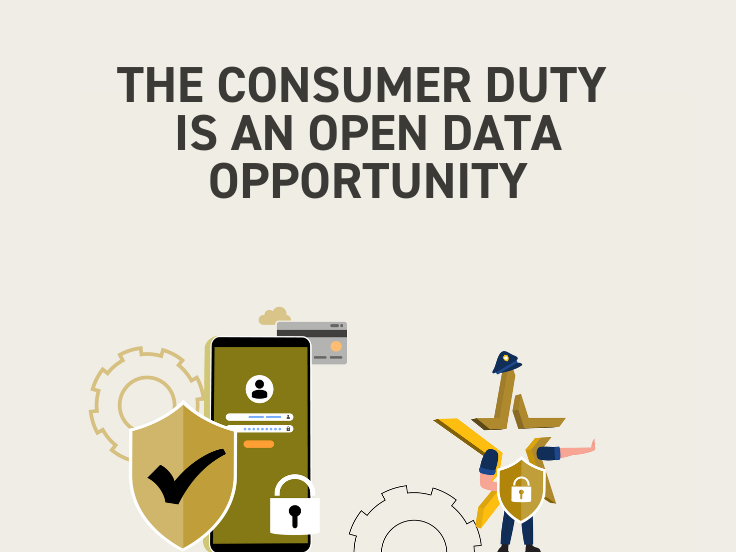 " alt="">
" alt="">
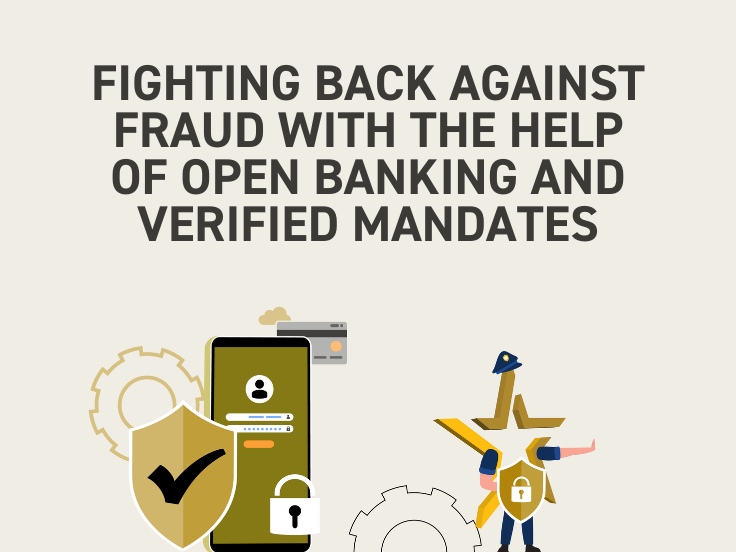 " alt="">
" alt="">
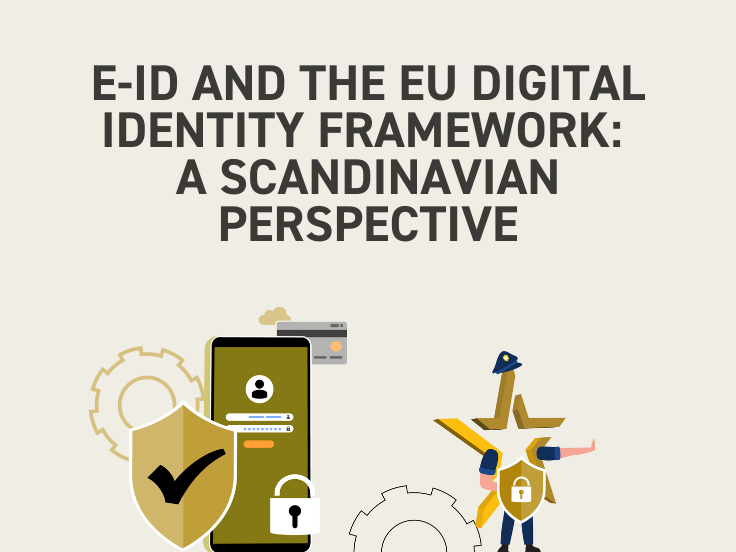 " alt="">
" alt="">
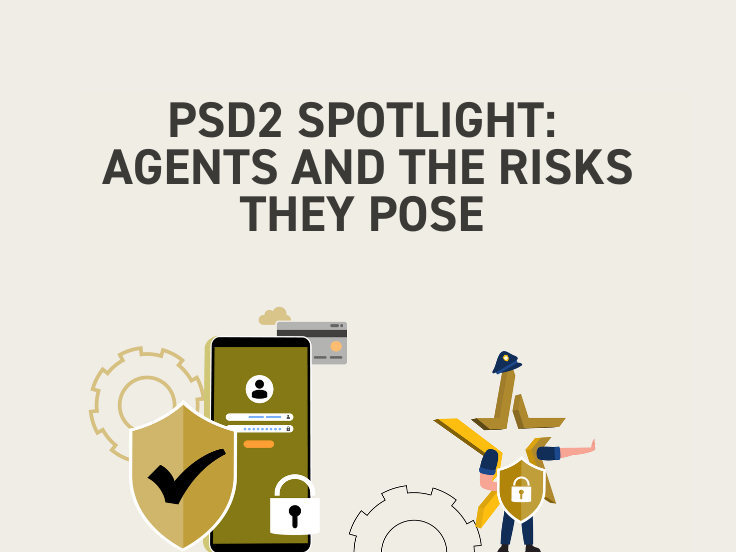 " alt="">
" alt="">